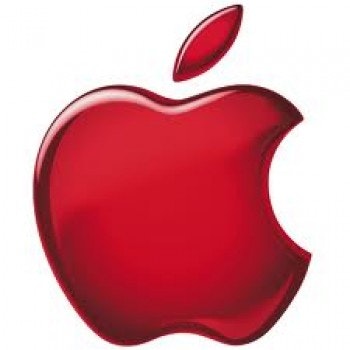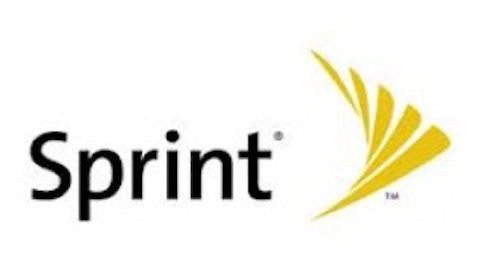The majority of investors know the price of everything but the value of nothing. Indeed, when Apple Inc. (NASDAQ:AAPL) was trading at $700 per share, many people thought it was going to hit $1000 per share. However, when it dropped below $500, many thought it was worth only $400 per share, or $300 per share, or even lower. Think about it: Apple Inc. (NASDAQ:AAPL) lost more than $200 billion in market cap within just six months. The difficulty for investors is to define the range of Apple’s intrinsic value.

David Einhorn, a successful hedge fund manager, had stated that he was dissatisfied with Apple Inc. (NASDAQ:AAPL)’s capital allocation strategy for its huge cash pile of $137 billion, or $145 per share. Even though Apple has been paying a dividend and initiating a share buyback program, Apple could do much more for its shareholders. In the recent letter to Apple Inc. (NASDAQ:AAPL)’s shareholders, he recommended the idea of distributing a perpetual, high yield preferred stock to shareholders at no cost. As this type of distribution would require no immediate use of cash other than continuing dividends, it could maintain Apple’s financial flexibility while making use of market’s appetite for yield. For instance, Apple could distribute $50 billion of perpetual preferred stock, with a 4% annual cash dividend. He estimated that if Apple’s P/E stayed at 10x, every $50 billion perpetual stock distribution would unlock around $30 billion, or $32 per share. In addition, as more money was returned to shareholders, the market would place a much higher valuation on Apple Inc. (NASDAQ:AAPL)’s stock price.
Apple is Facing More Competition
Actually, Einhorn has been quite bullish on Apple. In the middle of 2012, he explained why Apple’s market cap could reach $1 trillion. Apple is not a hardware company–it is a software company that sold high margin devices running on its own operating system. In order to use the App store and iTunes, users must have an Apple device. According to Einhorn, it “monetizes value through the repeated sales of high-margin software.” However, Apple’s operating system is facing growing competitions from Android of Google Inc (NASDAQ:GOOG) and the operating system of Research In Motion Ltd (NASDAQ:BBRY). According to IDC, Android was the leading operating system globally, with a 68.3% market share in 2012. Apple’s iOS ranked second with an 18.8% market share, while the market share of Blackberry’s operating system was 4.7%. Recently, Blackberry has launched a new operating system, the Blackberry 10. Blackberry 10 has several interesting figures, including Blackberry hub to gather all messages from different accounts, Blackberry flow for better users’ experience, time shift camera app for better picture shooting, and Blackberry balance to firewall data between work and personal uses.
Peer Comparison
Let’s quickly look at Apple’s valuation. Apple is trading at $468 per share, with a total market cap of nearly $439.7 billion. Trailing twelve months, Apple generated nearly $164.7 billion in revenue and $41.75 billion in net income, while the EPS came in at $44.09. Thus, Apple is valued at around 10.6x trailing earnings and 3.4x P/B.





